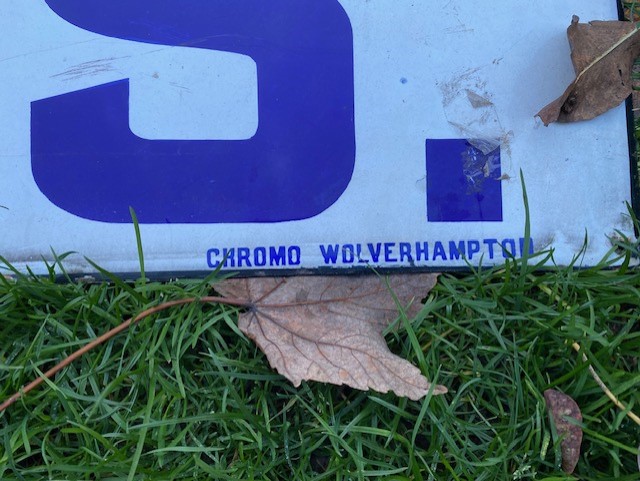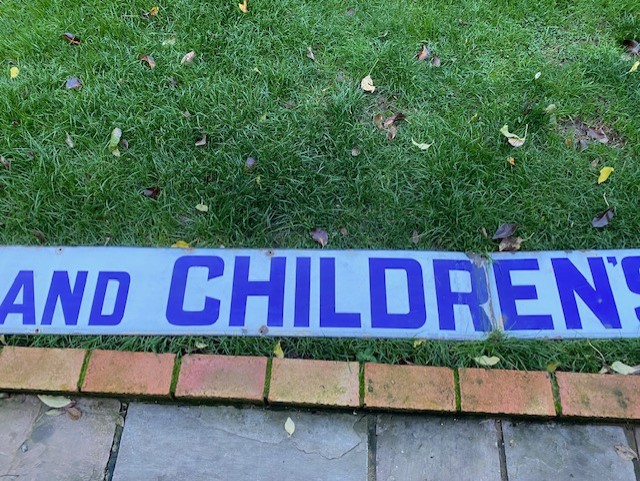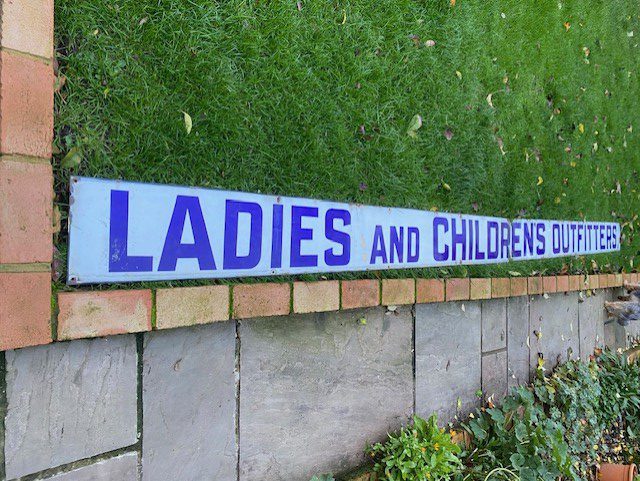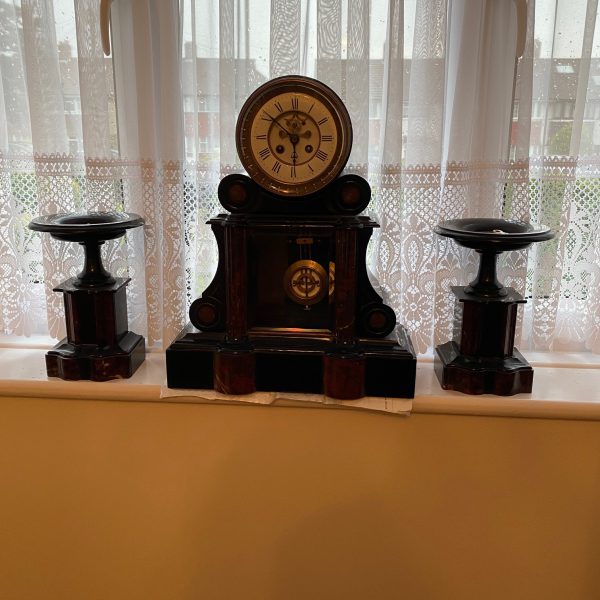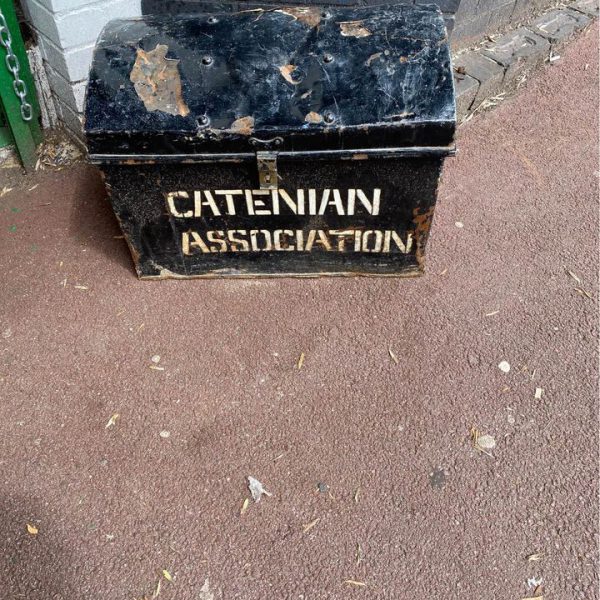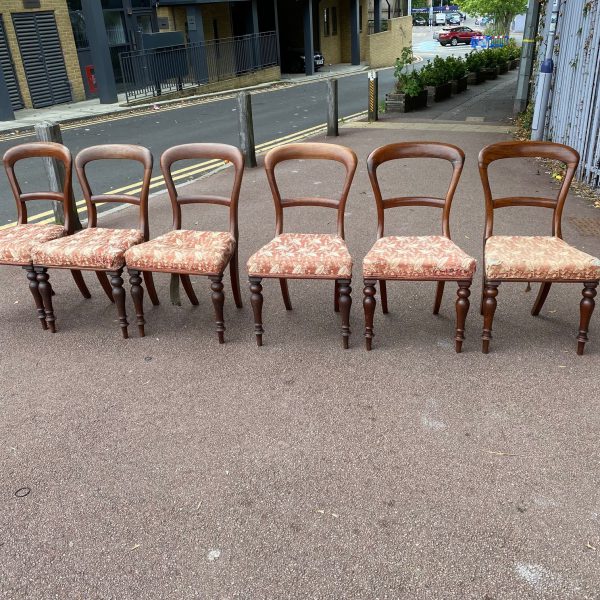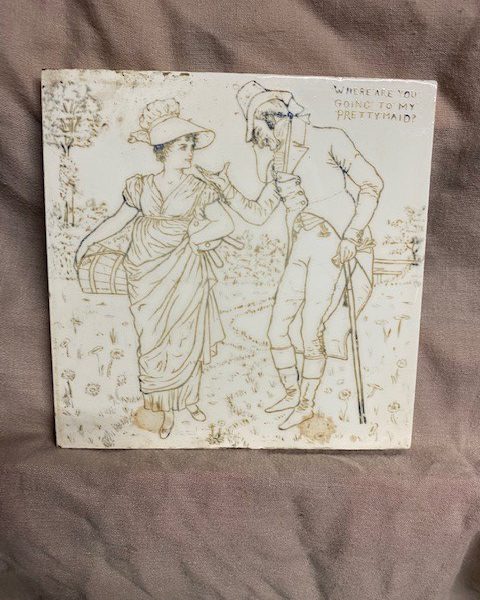Description
Original very long ladies and children,s outfitters enamel blue and white sign. Comes in two pieces total length is 15 foot 4 inch by 10 inch deep. It is remarkable condition for its age probably 1940s 50s made by the The Chromographic Enamel Company, Ltd., Dudley Road Wolverhampton. who was one of the first companies producing enamel signs and one of the best working for most leading retailers. This sign really pops with its vibrant blue on white background.
Enamelled iron plate signs were the first permanent form of advertising poster. They are both waterproof, heatproof, easily washable, and are free from fading. In the late nineteenth century, and for much of the twentieth century they were produced in vast numbers.
The process was developed by Benjamin Baugh in Birmingham, and patented in 1859. He ran Salt’s Patent Enamel Works in Bradford Street, Birmingham. The company displayed several signs at the 1860 Trade Exhibition in London, and produced signs for a number of prominent buildings. In 1889 he opened an enamel sign factory at Selly Oak, Birmingham, under the name of The Patent Enamel Company Limited. This was thought to be the world’s first dedicated enamel sign factory, but evidence has come to light which proves that the Chromographic Enamel Company Limited, at 531 Dudley Road, Wolverhampton, began producing signs three years earlier.The Chromographic Enamel Company Limited was founded in May 1886 in a rented factory on the corner of Dudley Road, and Frederick Street, Wolverhampton. Initially there were just six people working in the factory, but within twenty years the workforce had grown to around 200.


